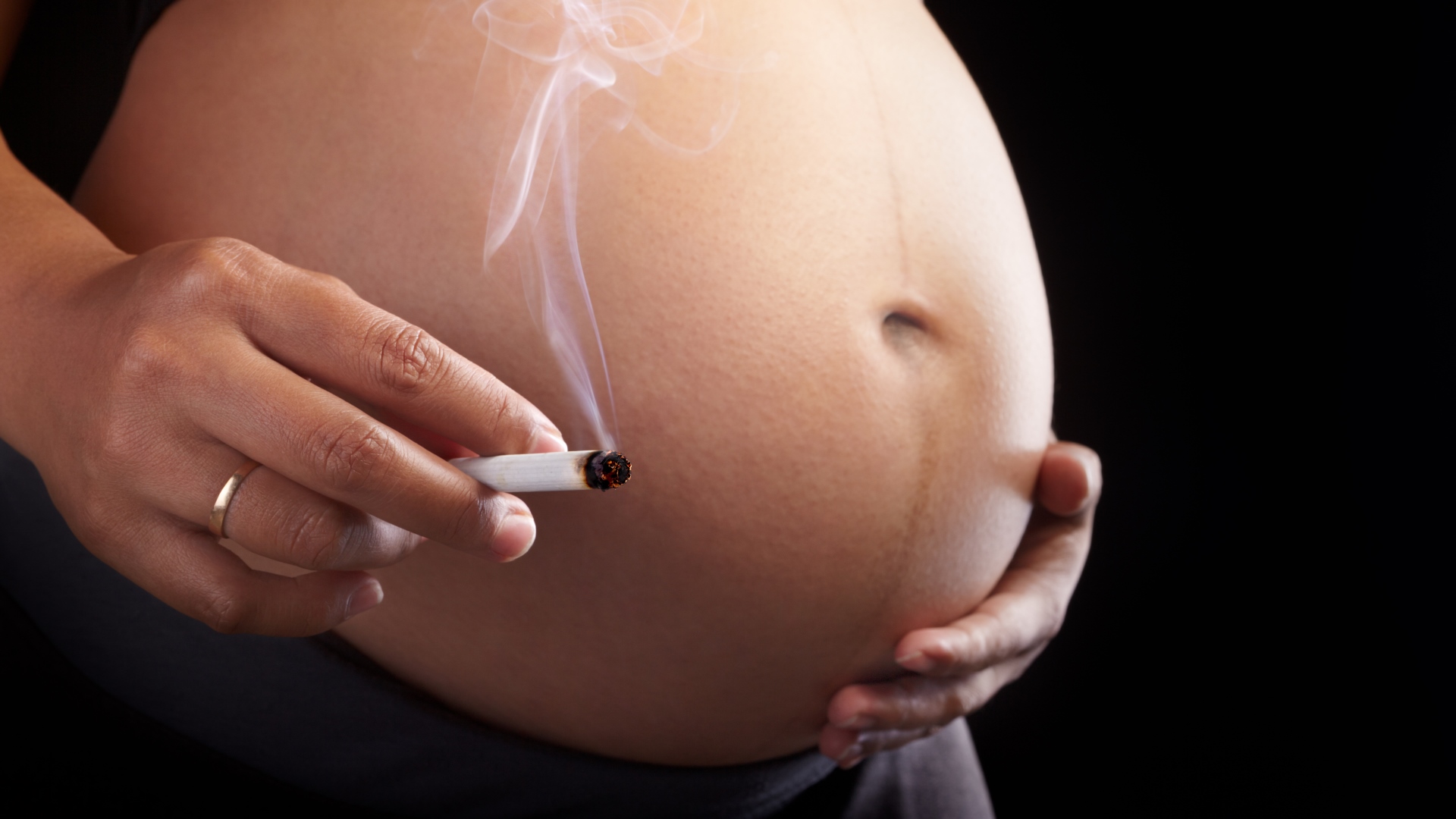
On the morning that new Government data is published the Smoking in Pregnancy Challenge Group, a coalition of health and baby organisations, call for bold Government action to tackle smoking in pregnancy.
The report shines a light on progress towards the Government’s ambition to reduce rates of smoking in pregnancy to less than 6% by 2022 and warns that unless more is done this ambition is unlikely to be met.
The report is published on the same day as official Government figures on the rate of smoking in pregnancy are due to be published. There are concerns these figures will show no change in rates of smoking among pregnant women over the last year.
The report also includes a new analysis carried out by The Lullaby Trust estimating the impact of achieving the Government’s ambition. It estimates that in 2022 this would mean that around 30,000 fewer women would be smoking in pregnancy. Leading to:
- 45 – 73 fewer babies stillborn
- 11 – 25 fewer neonatal deaths
- 7 – 11 fewer sudden infant deaths
- 482 – 796 fewer preterm babies and
- 1455 – 2407 fewer babies born at a low birth weight.
Each of these is an individual tragedy for the families and completely avoidable if women are supported to quit smoking.
The Challenge Group identify a number of important actions needed to increase the pace of change:
- National action to ensure that all areas have evidence-based services and processes in place to identify, refer and support pregnant women who smoke to quit.
- Increased support for women from disadvantaged backgrounds where smoking in pregnancy rates are highest.
- Increase use of alternative sources of nicotine to support pregnant women in their quit attempts.
- Address gaps in training for midwives, obstetricians and health visitors
Commenting on the report, Francine Bates, Chief Executive, The Lullaby Trust and C0-Chair of the Smoking in Pregnancy Challenge Group said:
“This report should be a wake-up call. On the current trajectory, the Government will miss their ambition to reduce rates of smoking among pregnant women with tragic consequences. We have made real progress in the past in helping women to have smoke-free pregnancies and we must be ambitious about what can be achieved in the future to protect thousands of families from entirely preventable and heart breaking outcomes.”

